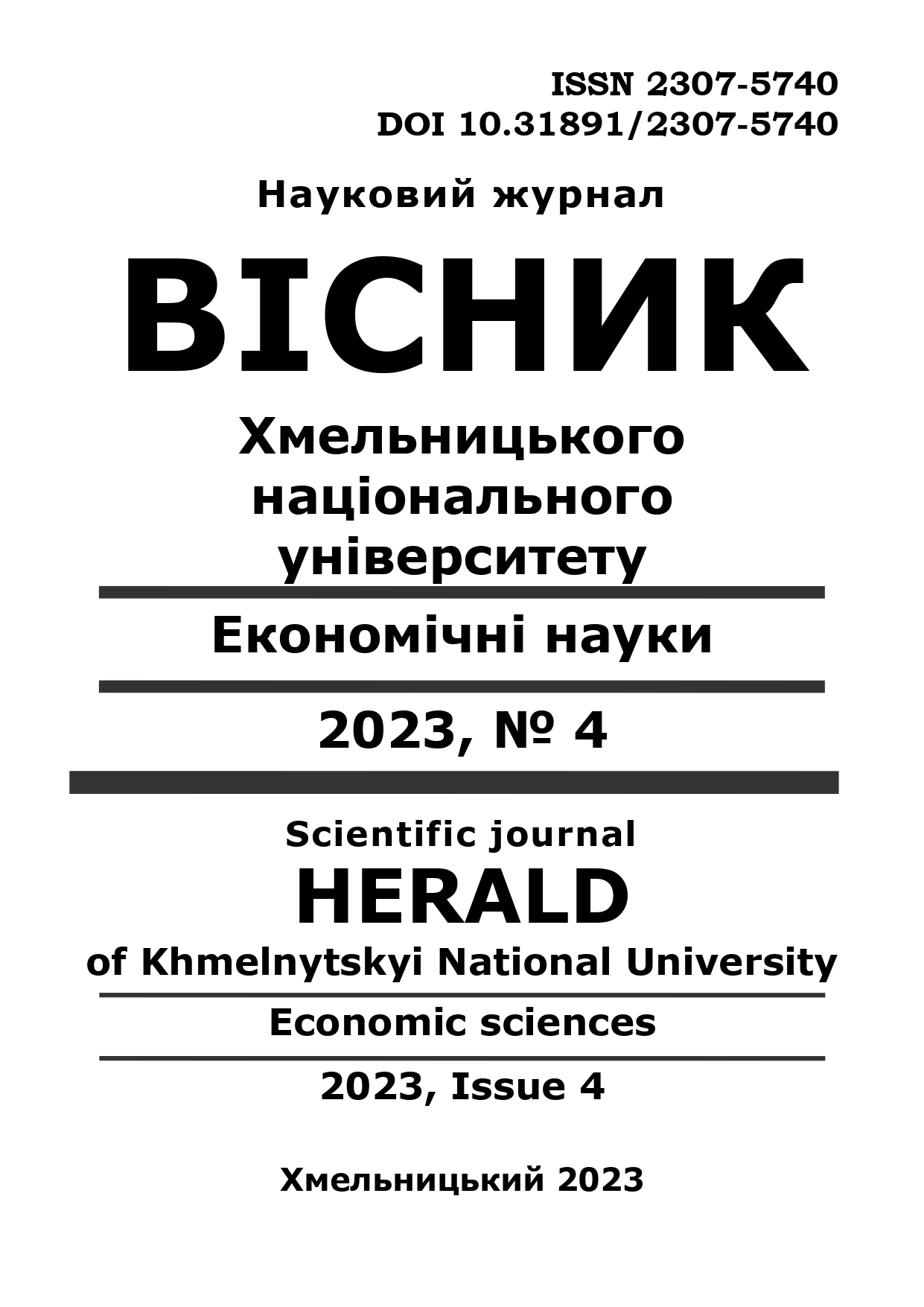THE CONCEPT OF SUPPLY CHAIN MANAGEMENT IN THE CONTEXT OF STRATEGIC DEVELOPMENT OF AGRICULTURAL ENTERPRISES
DOI:
https://doi.org/10.31891/2307-5740-2023-320-4-64Keywords:
supply chain management, value-added chains, business processes, vertical integration, diversificationAbstract
The purpose of the article is to identify the main strategic directions of the development of agricultural enterprises using methodological approaches to the concept of supply chain management. The main direction of business process reengineering in the conditions of modern competitive interaction is the entry into the zone of inter-company relations, to the level of coordination of the activities of enterprises - elements of creating added value with the aim of working out a joint strategy within the framework of creating value for the end consumer. Aspects of digitalization of supply chain management processes are considered, highlighting Blockchain as a promising direction of digitalization within the framework of monitoring the movement of goods from the first resource level to the final consumer, conducting financial transactions, and identifying users. The process approach is integrated with the concept of value chain management. This led to the selection of the "previous types of activities" and "subsequent types of activities" segments in view of the focus on the agrarian enterprise as a focal element. Measures to overcome the current problems of the functioning of logistics supply chains in the agricultural sector of the Ukrainian economy are summarized, including reengineering the export infrastructure system (creating a diversified logistics system resistant to external challenges), diversification of the activities of agricultural enterprises within the framework of optimization of the business process implementation model by supplementing the chain of creation of added value with previous and subsequent types of activities within the framework of integrated agricultural structures in order to reduce the impact of the external environment (in practice, the presented strategy is implemented through vertical integration "from the bottom up"). The positive effects of vertical integration in the agricultural sector, consisting of the optimization of business processes, are highlighted: reduced dependence on foreign markets, reduction of total costs due to the coverage of logistics processes, optimization of the range of finished products by lengthening value-added chains; formation and rational use of investment funds in view of losses as a result of military actions.


